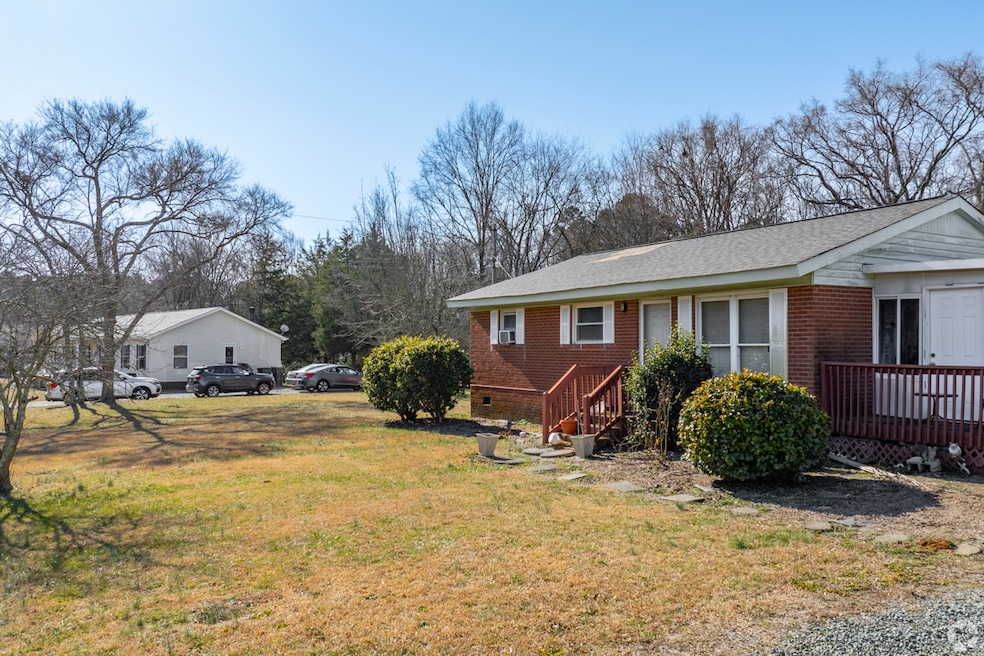Critics have questioned how large investor purchases of single-family homes may discourage homeownership in some neighborhoods. A new study says they can have other effects, including a drop in home values.
The report by researchers at the University of Colorado at Boulder’s Leeds School of Business and Clemson University found up to a 2 percent decline in property values within 250 feet of investor-owned houses. The study was conducted in parts of Mecklenburg County, North Carolina, which includes the city of Charlotte. Other changes after investors bought many of these homes and rented them out included a decline in voter registration and an increase in crime, the authors said. The study included companies that own 100 or more residential properties in the county.
The findings add to the debate across the U.S. over whether elected officials should put curbs on institutional investors’ home purchases. In Mecklenburg County, these companies bought nearly 7% of all single-family homes sold between 2011 and 2021, according to a CU-Boulder statement that accompanied the study. Many of these houses were concentrated in areas in the northern part of the county that have a majority-Black population, contributing to a 4% decline in Black ownership of existing homes in these areas.
"[Buyers are] less likely to invest in the homes, like renovating or making improvements, since their goal is renting, not ownership,” Leeds School professor and lead study author Stephen Billings said in the statement. “We also see less building permit activity in these neighborhoods, suggesting that people are investing less in their properties overall.”
The study blames poor property management for the problems and suggests homeowners associations should focus on enforcing building codes in the affected neighborhoods. The investors could also keep a closer eye on how they manage the houses, the study says.
“Single-family rental homes are an essential part of today’s market, providing residents and their families an important option for accessing quality, affordably-priced housing,” David Howard, chief executive officer of the National Rental Home Council, said in an email. “The best way to increase the overall livability of communities is to provide more choice in housing, not less. Housing markets that provide a variety of options - a diverse mix of both owner-occupied and rental homes - are what make for strong, more vibrant neighborhoods.”
Six major institutional investors were active in buying houses in Mecklenburg County during the study period, the study found, including Invitation Homes, American Homes 4 Rent, Progress Residential, Tricon Residential, FirstKey and Amherst Residential.
A spokesperson for Tricon Residential said in a statement that other studies have shown the positive impact of well-managed rental housing on neighborhoods. The other five companies could not be reached for immediate comment.
The study found a 0.7% decrease in the number of registered voters in neighborhoods with a relatively large number of homes converted from owner-occupancy to rentals. There was also a 2% increase in property crimes and 3% rise in violent crime in these areas.
“This decline in political participation is an important implication of the loss of homeownership as renters appear to be less active in their community, which could have longer-term effects on policies and investments in their neighborhoods,” said Billings, the professor with CU-Boulder.

